Today, Wednesday, September 29, at the Tleel Tourist Complex in Sabratha, the first international scientific conference on the humanities and their role in building society and enhancing national identity is being held. Under the slogan "Humanities Serving Community Issues," the conference is organized and supervised by the Faculty of Arts and Education in Sabratha and will last for two days.
The opening ceremony of the first day of the conference began with verses from the Holy Quran, followed by the attendees standing for the national anthem, and then listening to speeches from Dr. Khaled Ibrahim, the university's Vice President for Academic Affairs, Dr. Adel Sassi, the conference president, and Dr. Salah Al-Milyan, the head of the conference's preparatory committee.
After that, a documentary presentation was shown, highlighting the establishment and activities of the Faculty of Arts and Education at the University of Sabratha. Following this, the conference activities and scientific sessions commenced, which included several research papers and studies presented by a number of participating university professors from various local and international universities. The scientific sessions were divided into two halls, and participants presented their contributions in two periods, morning and evening, with a specified time for each presenter.
The sessions on the first day included several research contributions, with their titles as follows:
▪️The Ancient Libyan Architecture and Its Role in Enhancing National Identity by Dr. Misbah Ali
▪️The Participation of Libyans in the Ancient Olympic Games by Dr. Najat Ahmed Arzeeq
▪️Education and Human Resource Development in the Arab World (Reality and Aspirations) with Libya as a Model by Dr. Salah Al-Shaibani
▪️The Libyan Cultural Heritage by Mr. Ziad Al-Khroubi
▪️Features of Shaping National Identity in Rural and Exclusive Communities by Dr. Ibtisam Al-Mazoughi
▪️Information Awareness and Its Role in Community Development and Enhancing National Identity in Libya by Dr. Hanan Bizan
▪️The Professional Reality of Geographers and the Requirements of the Labor Market by Dr. Abu Ajila Al-Azraq
▪️The Role of Librarians and Information Specialists in Serving and Developing the Community in the Information Society by Ms. Nadia Al-Azabi and Dr. Mohammed Al-Darhobi
▪️The Importance of Reading in Human Development by Dr. Latifa Al-Khamishi
▪️Manuscripts: A Rich Past and Sustainable Development by Mr. Milad Sbeika
▪️Enhancing a Culture of Innovation and Creativity to Develop Information Services in Academic Libraries by Dr. Faiza Mohammed Shalabi
▪️The emergence of politics in Libyan educational curricula and its role in building nationalism and political values, by Dr. Bashir Al-Kout
▪️The Arabic language's role in dealing with social media channels, by Dr. Ahmed Al-Nabra Al-Ghanoudi
▪️The Arabic language and its impact on national identity (formation and construction), by Dr. Ayman Ghabashi
▪️The poetic witness and its role in rooting Arab identity, by Dr. Ramadan Saad
▪️The efforts of Libyan scholars in simplifying religious discourse, with Sheikh Ali Al-Gharabli as a model, by Dr. Khaled Al-Falah
▪️The Arabic language, identity, and citizenship, by Dr. Mohammed Qarni
▪️The mobilization secrecy and correspondence in Israeli occupation prisons during the uprising on national identity, by Dr. Ghadres Jaradat presented via ZOOM
▪️Sudanese universities in enhancing national identity among students in light of political changes, by Dr. Mustafa Atiyah presented via ZOOM
▪️Arabic: an abandoned resource in EFL classroom, by Dr. Sihem Sassi
▪️The role of Libyan universities in promoting values of tolerance among their students from their perspective, by Dr. Mariam Kurnaf
▪️The concept of citizenship through the National Education book for the eighth grade of basic education, by Dr. Nuri Al-Ghanoudi
▪️The linguistic structure of the sermon discourse and its impact on building the individual and society. The farewell sermon as a model, by Dr. Abdelsalam Milad Jibril
▪️Arabic language curricula and their role in enhancing national spirit. Birzeit University as a model, by Dr. Fadi Asida, participation and presentation via ZOOM.
Thus, the activities and sessions of the first day concluded, hoping to convene on the following day, which is scheduled to witness new participants contributing to enriching this conference that will conclude its activities tomorrow evening.
Wishing that everyone benefits.
 English
English
 العربية
العربية
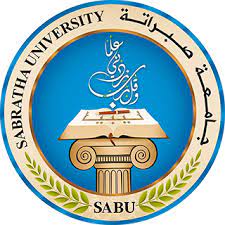

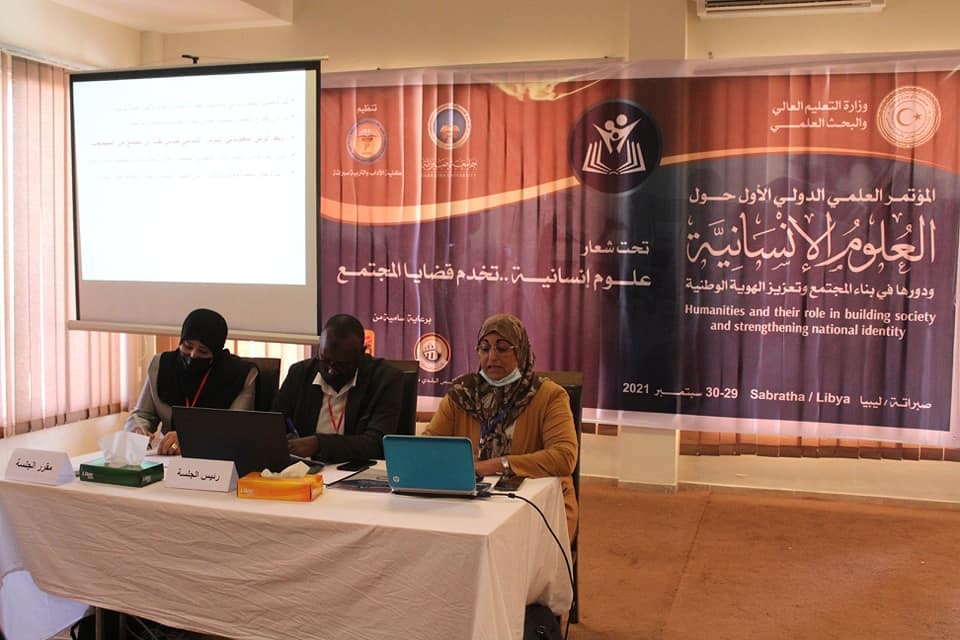
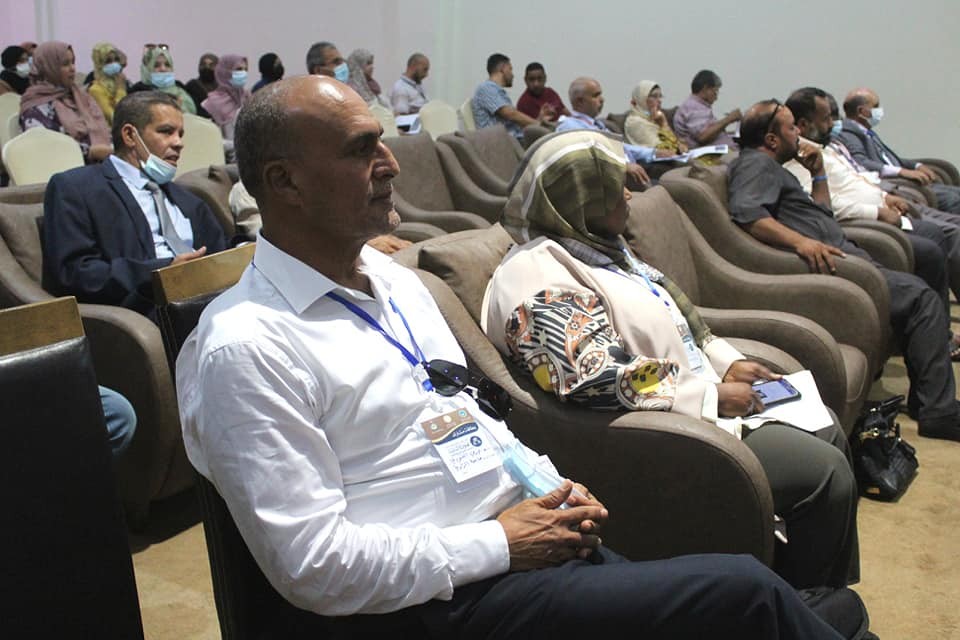
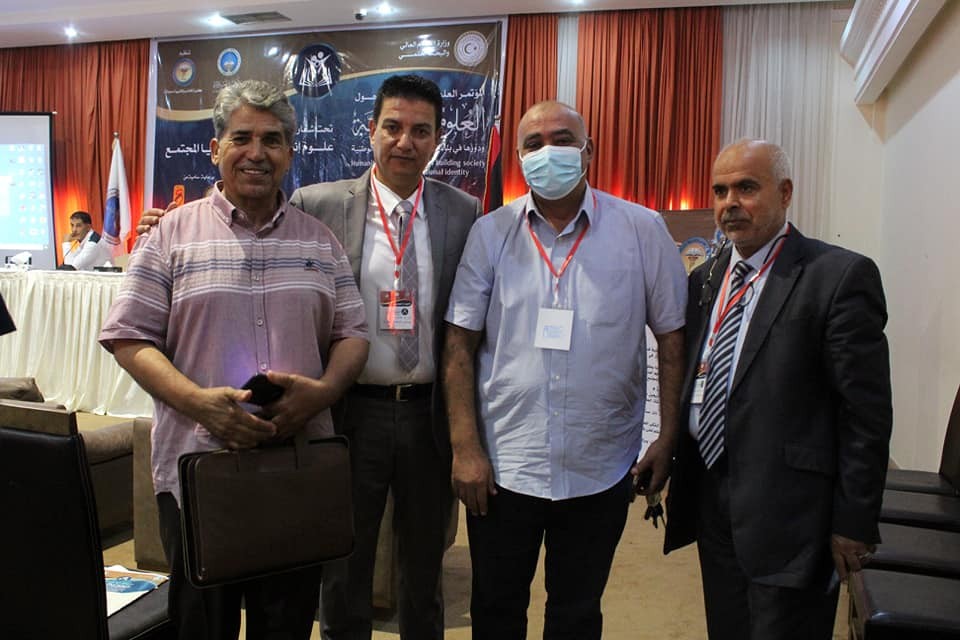
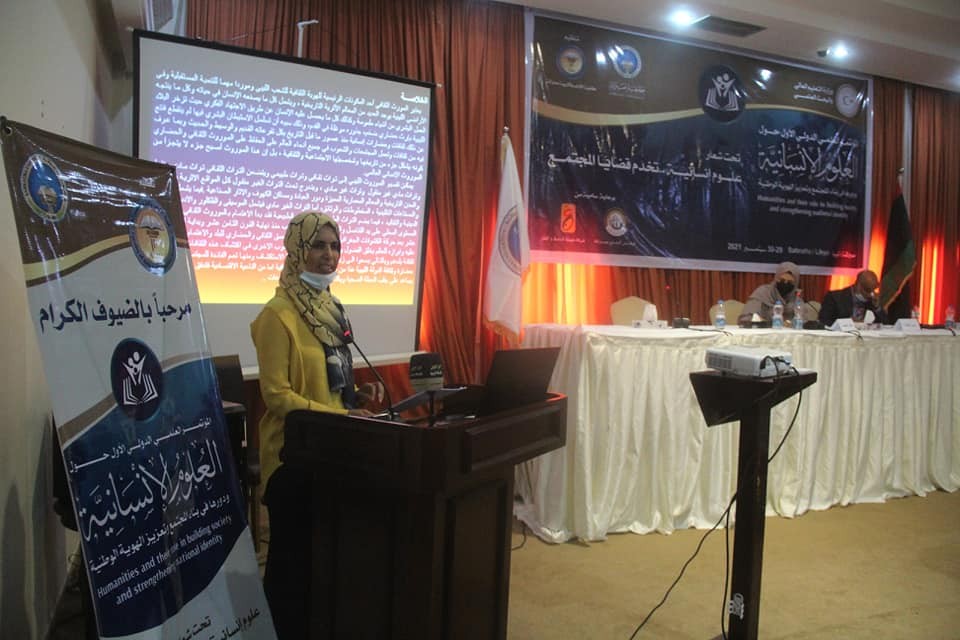
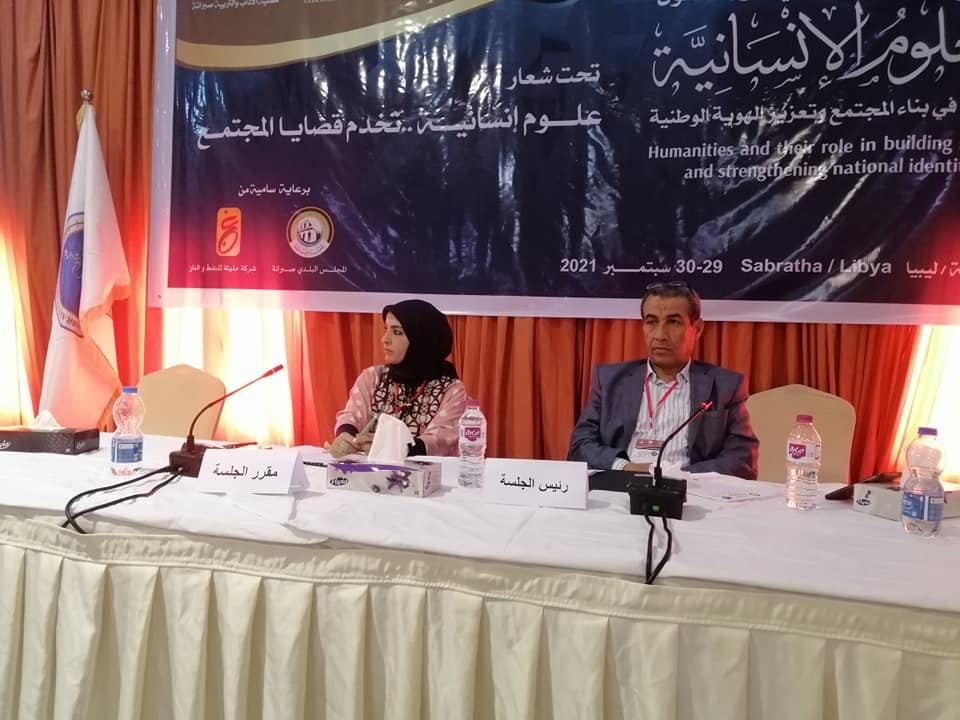

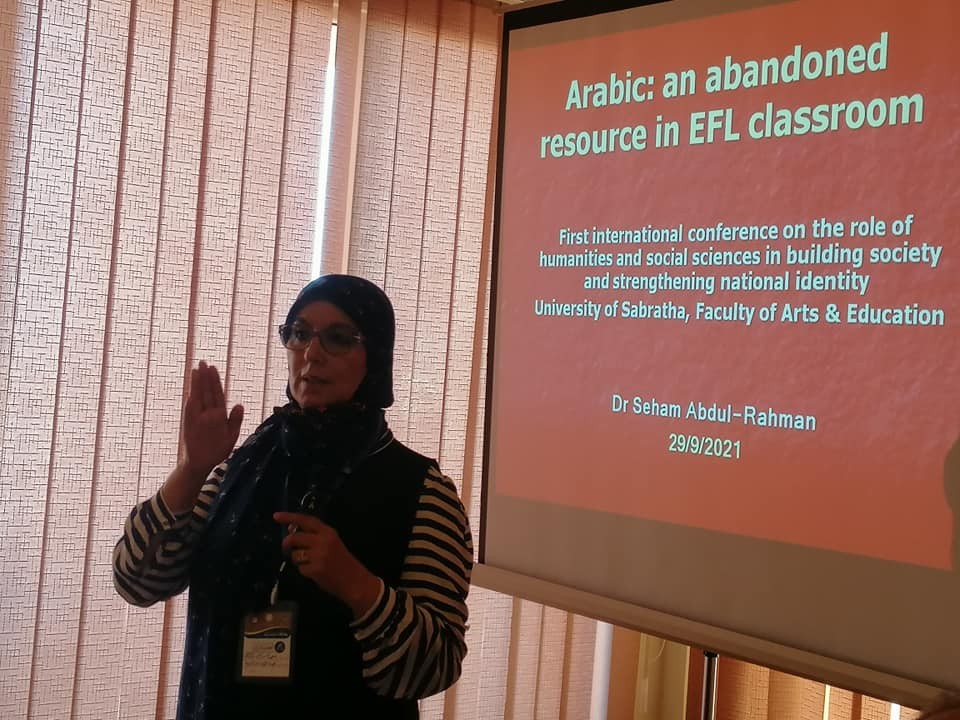
Comments
darknet market links darknet marketplace
Add New Comment